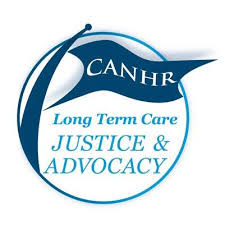The healthcare reform bill signed by President Obama this week will have an impact on nursing homes and long-term care. The most dramatic change will come in the form of long-term care insurance, and provision that was long championed by the Senator Edward Kennedy. Under the Community Living Assistance Services and Support Act (CLASS), all Americans will automatically be enrolled in a long-term care insurance program, but will have the option to opt out.
Under the Act, individuals will start paying a premium immediately, and will be able to use the benefit after five years of contribution to the program. The benefit, though, is not much, as it is expected to be about $50 per day to offset other long-term care costs.
The healthcare reform bill will also start to close the “donut hole” in Medicare Part D coverage for prescription drugs. Patients will immediately begin receiving a rebate for drug costs that fall into the gap, and drug manufacturers will be required to provide a discount on brand name drugs. Over time, the gap in coverage will be phased out entirely.
 If we have learned nothing else over the past couple of weeks, it is that residents of skilled nursing facilities and residential care facilities are the most vulnerable to infection and death as a result of the Coronavirus. Life Care Center in Kirkland, Washington – a 120 bed skilled nursing home – became the center of the COVID-19 pandemic where 37 facility residents and visitors have died so far from the virus, and many more have fallen ill.
If we have learned nothing else over the past couple of weeks, it is that residents of skilled nursing facilities and residential care facilities are the most vulnerable to infection and death as a result of the Coronavirus. Life Care Center in Kirkland, Washington – a 120 bed skilled nursing home – became the center of the COVID-19 pandemic where 37 facility residents and visitors have died so far from the virus, and many more have fallen ill. Southern California Nursing Home Abuse Lawyer Blog
Southern California Nursing Home Abuse Lawyer Blog





 Abuse and Neglect
Abuse and Neglect






